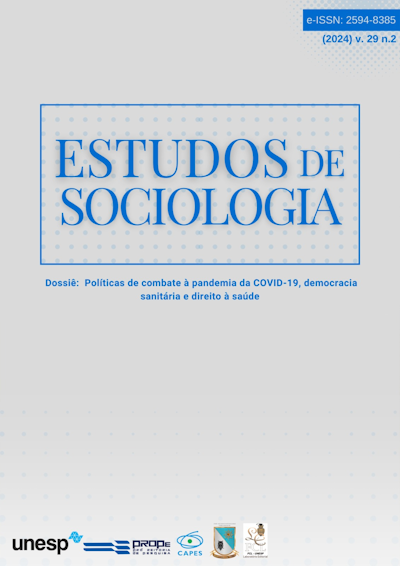Care right in Uruguay of the pandemic
maximum familiarization and feminization
DOI:
https://doi.org/10.52780/res.v29i2.19790Keywords:
Care right, Pandemic, Uruguay, Gender inequalitiesAbstract
In 2015, Uruguay recognized the right to care when implementing the National Integrated Care System (SNIC). The pandemic coincided with the inauguration of a right-wing government that promoted reducing the fiscal deficit as a central objective of its government program. This article addresses what happened to the right to care during this period, based on the analysis of official documents produced by the SNIC, news related to the measures implemented in the country and regional data sources such as the COVID-19 Observatory in Latin America and the Caribbean of ECLAC. The existence of a cutting-edge law guaranteeing the right to care and an integrated care system was not enough to implement measures to protect this right. A residual conception of the role of the State and an approach to care associated with family and private responsibility prevailed, contrary to the framework of the meaning of the law.
Downloads
Downloads
Published
How to Cite
Issue
Section
License

À revista Estudos de Sociologia ficam reservados os direitos autorais pertinentes a todos os artigos nela publicados.
Os artigos publicados e as referências citadas na revista Estudos de Sociologia são de inteira responsabilidade de seus autores.
A Estudos de Socilogia utiliza a licença https://creativecommons.org/licenses/by/4.0/ (CC BY), que permite o compartilhamento do artigo com o reconhecimento da autoria.



